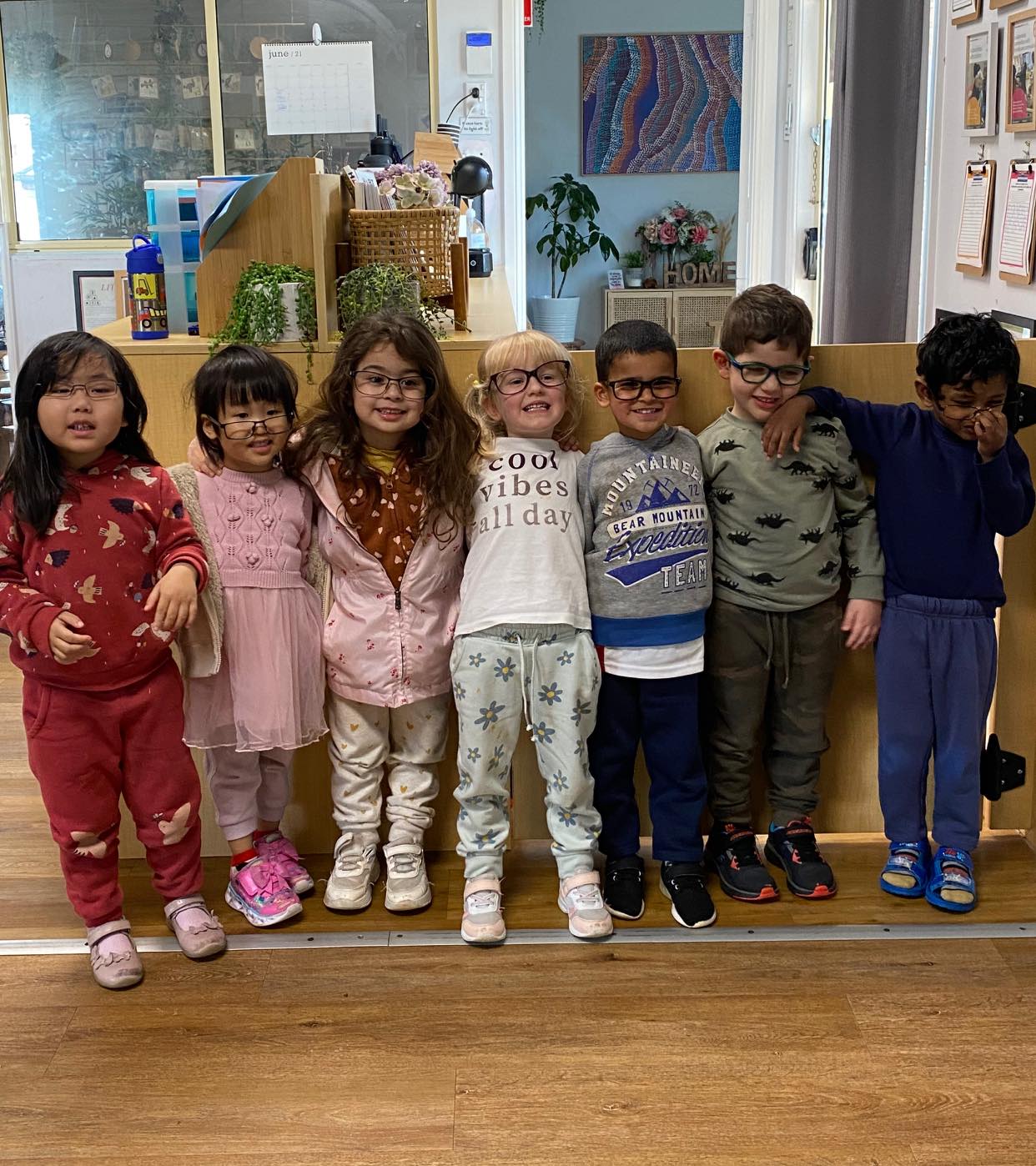Preschools and kindergartens are educational institutions that provide children with preschool education (both formal and informal) before they begin formal schooling in primary schools. However, the meanings and applications of these two phrases varied depending on the country.
The terms “preschool” and “kindergarten” relate to two distinct institutions. Kindergarten is the first level of mandatory education delivered at the age of five in Australia, whilst preschool or a child care centre Toongabbie offers informal instruction before commencing school. The primary distinction between preschool and kindergarten is this.
What Is the Definition of a Preschool?
Preschool is an early learning centre that provides early years education to kids aged three to five years old before the start of obligatory primary school. Children ‘s personal, interpersonal, and emotional growth, effective communication, which primarily includes talking and hearing, artistic expression development abilities, and mathematical knowledge are all goals of preschools.
Tots and toddler programmes playschools, preschools, and kindergartens are all examples of preschool education programmes and institutions. All of these initiatives place equal emphasis on education and training.
What is the Definition of a Kindergarten?
The phrase kindergarten comes from the German word “kindergarten,” which means “children’s garden.” This concept refers to a natural environment in which children can develop. Kindergarten is an early care and education curriculum that focuses on developing abilities through enjoyable and practical activities.
In other Australian jurisdictions, though, kindergarten refers to the initial stage of mandatory education, which begins at the age of five. It is frequently used in other countries to describe an institute that is quite equivalent to a playgroup.
What are the differences?
Preschool or a child care centre Toongabbie has long been seen to be primarily for care and kindergarten to be primarily for ‘education.’ The gap is shrinking, yet studies do demonstrate a quality disparity, which experts ascribe to two factors. The first is the distinction between kindergarten teaching degrees and early education diplomas, as well as the complete teacher/child connection and shorter hours in kindergartens. As a result, they argue that governments should prioritise developing the abilities needed to qualify for early childhood education certificates, which are required of preschool teachers.
The demand for improved quality learning in childcare programmes is especially pressing in low-income regions, where children would benefit greatly from quality preschool education instilling a desire to study in them.
Framework for Early Childhood Education
The Early Years Learning Framework assures that all child facilities deliver a nationally standardised, high-quality programme. The framework emphasises play-based learning, as well as language and cognitive skills, social integration, and school readiness.
Although preschool programs must adhere to this structure, they have some leeway in how they do so. It is generally not possible for LDCs to educate 3 to 5-year-olds individually or even entirely by a degree-qualified educator owing to economics, size, or age group. This is the main reason why studies have found that the education quality is worse than in kindergartens.
What about an apple for the teacher?
Maybe the quality of education is determined not so much by the kindergarten or preschool, but by the instructor or educator who provides it. The instructor determines what your kid takes down after the day. Kids who are joyful in the curriculum and those who… simply want to go away are differentiated by her/his credentials, expertise, and basis of the knowledge. The best way of finding out is to go to the class.
Final Words
Finally, the goal of a kindergarten or early learning centre is to prepare children for school by developing life skills and a desire to study. The location of their school – or whether they undertake one at all – is entirely determined by family dynamics and choices.
